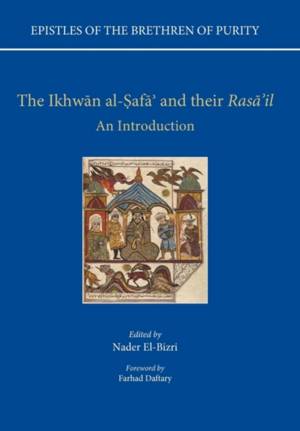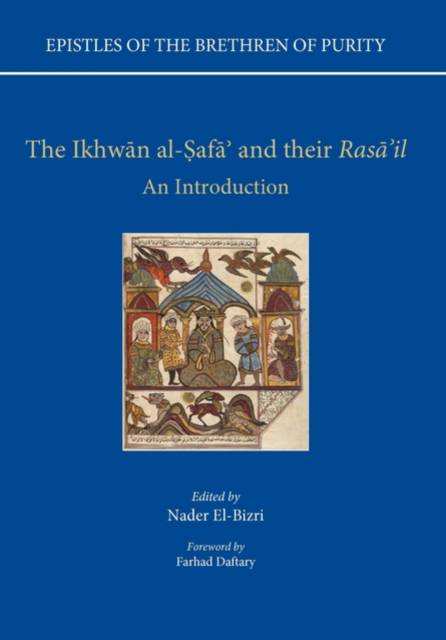
- Afhalen na 1 uur in een winkel met voorraad
- Gratis thuislevering in België vanaf € 30
- Ruim aanbod met 7 miljoen producten
- Afhalen na 1 uur in een winkel met voorraad
- Gratis thuislevering in België vanaf € 30
- Ruim aanbod met 7 miljoen producten
Zoeken
Epistles of the Brethren of Purity. The Ikhwan al-Safa' and their Rasa'il
An Introduction
€ 80,45
+ 160 punten
Omschrijving
This is the introductory volume for a new critical edition of The Epistles of the Brethren of Purity, an encyclopaedic philosophical and scientific work of the 10th century produced by an esoteric fraternity based in Baghdad and Basra. Specially written essays explore its authorship and dating, its intellectual content and influence.
Specificaties
Betrokkenen
- Uitgeverij:
Inhoud
- Aantal bladzijden:
- 326
- Reeks:
Eigenschappen
- Productcode (EAN):
- 9780199557240
- Verschijningsdatum:
- 4/12/2008
- Afmetingen:
- 243 mm x 163 mm
- Gewicht:
- 648 g

Alleen bij Standaard Boekhandel
+ 160 punten op je klantenkaart van Standaard Boekhandel
Beoordelingen
We publiceren alleen reviews die voldoen aan de voorwaarden voor reviews. Bekijk onze voorwaarden voor reviews.










